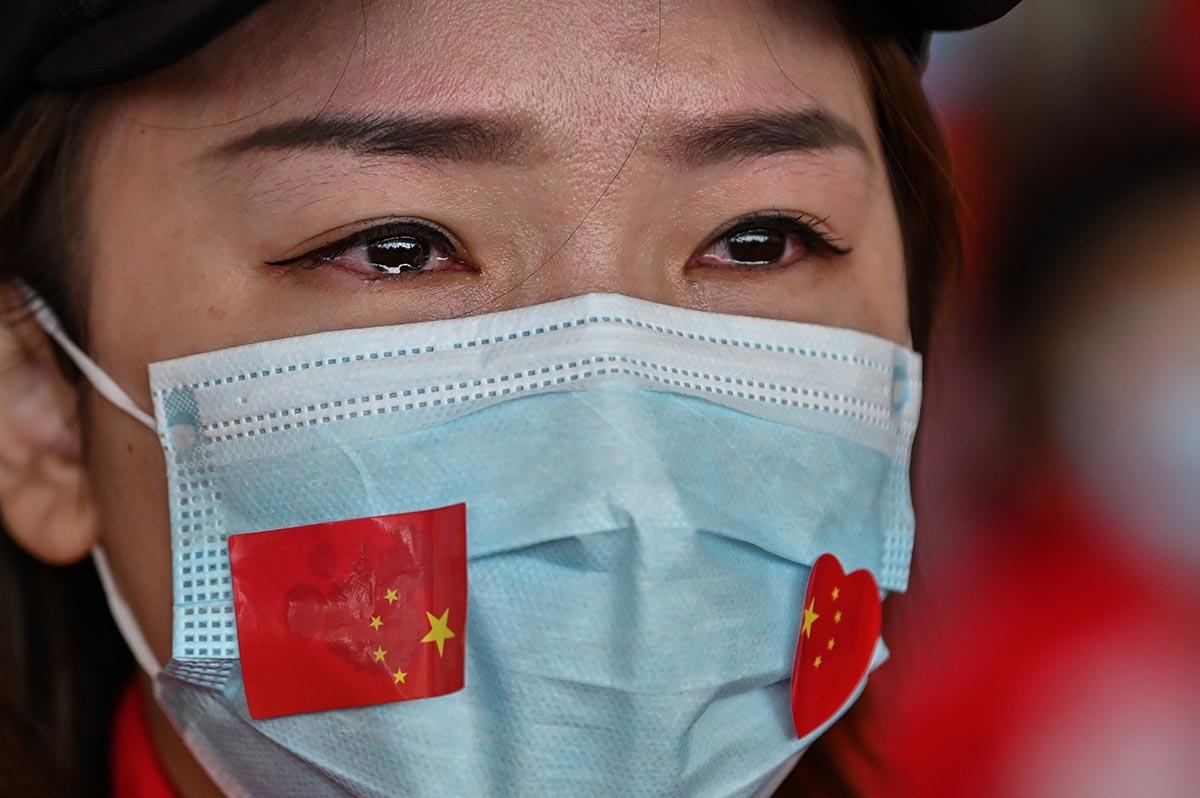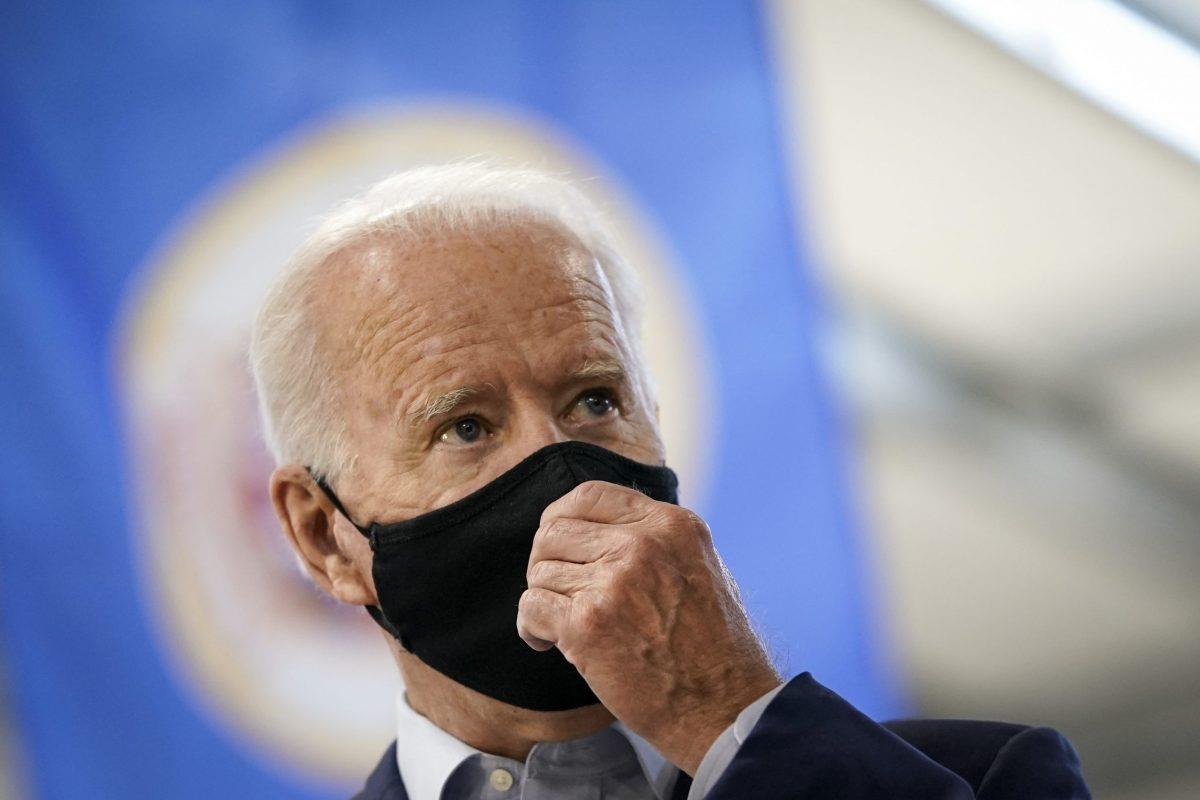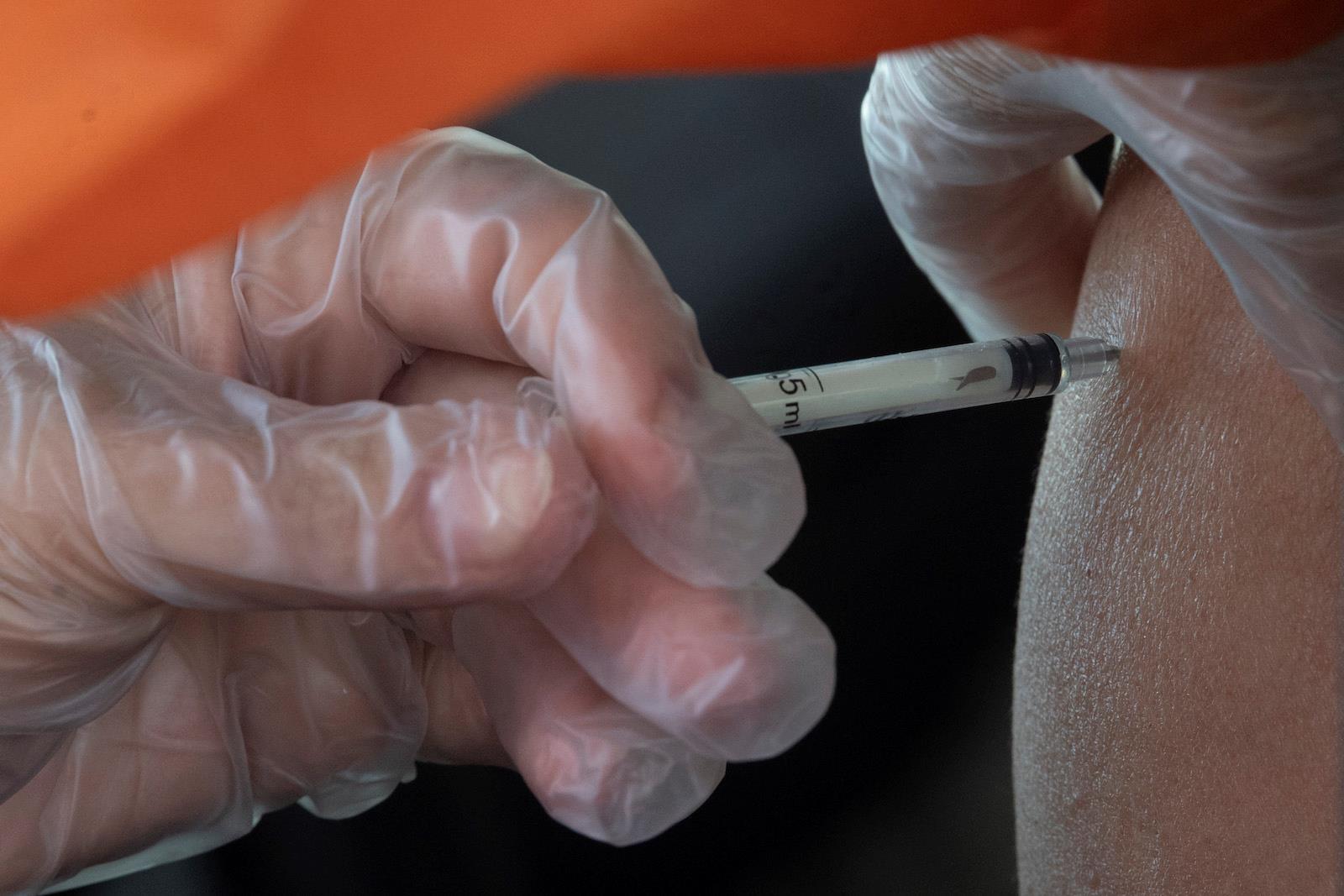
Western vaccines turning the Covid tide on China
(MENAFN- Asia Times) China quite possibly entered 2021 with hopes for better economic and thus political performance than in 2020. The International Monetary Fund (IMF) has inflated those hopes with a bullish 8% economic growth forecast for this year.
Yet one quarter into 2021, Beijing may need to recalibrate and exercise greater caution as certain issues could undermine China's great expectations.
The first is vaccinations. The American and Western-made vaccines are proving very effective, and have given hope that the American and British economies will restart in May or June. The European economy could well turn around after the summer.
Thereafter, Western vaccines could be distributed worldwide, a gesture that would de facto expand the footprint of American influence on a scale unseen since World War II.
Recovery in the US, Europe, and Japan could draw in the rest of the world economy and bring back some kind of centrality to the US, fueled by multi-trillion-dollar recovery plans that will not only rekindle global production and consumption but will also regenerate it via new and different channels and patterns.
In this scenario, the post-Covid economy will be greener, more high-tech and more delinked from China. In fact, although the economic decoupling from China launched by the previous US administration has generally failed, its impact on the high-tech sector has been more successful.
China's microchips and microchip machine tools seem to be quite effective so far and could become more effective in the future. High-tech manufacturing could thus take two separate paths in the world: one following China and one without China.
Conversely, China's vaccine diplomacy has so far failed to a large extent. China exported hundreds of millions of vaccines, but the exports failed to stop new waves of the pandemic in the countries that adopted its vaccines.

China's vaccine diplomacy has missed the mark in certain countries. Photo: AFP/Hector Retamal
The most notable example is Brazil, which took imports of Chinese vaccines and yet witnessed one of the highest, fastest and deadliest coronavirus waves seen worldwide. This, of course, could owe to mismanagement in Brazil, but still the delivery of Chinese vaccines didn't work.
Moreover, Chinese vaccines' credibility has also been weakened by the fact that Beijing chose to export most of its vaccines while stopping the spread of the disease domestically by quarantining its own people and so far using fewer vaccinations than several other countries.
That has given rise to a sense that the Chinese don't trust their own vaccines, or at least didn't trust the vaccine to stop the spread of the epidemic. All of this has weakened the soft power of the Chinese vaccine.
Now, without a massive campaign of effective vaccination, it is uncertain whether China will reopen after the vaccination campaigns in the US and Europe are completed. If China doesn't reopen, its closure to the outside world will help to separate it, ala decoupling, from the global economy.
That could result in a situation in which most of the world will be vaccinated by non-Chinese vaccines while China will be inoculated by its own vaccine, resulting in the two sides of the world not having full access to one another.
The next six to 18 months will thus be crucial to assess the situation of the struggle around China.
Western and non-Chinese vaccines could still fail to provide security to their own people, and Chinese-style quarantine could still emerge as the only effective tool to prevent the spread of the disease.
However, if American vaccines prove especially effective in stopping the epidemic, this could be the first major score for Biden's administration domestically, globally and vis-à-vis China.

Joe Biden has championed a campaign to deliver vaccines to the developing world. Photo: AFP
That is, the Western way of facing epidemics through vaccines and with limited quarantine could have more medium and long-term success than Chinese-style quarantines that provide short-term results but medium and long-term liabilities.
Moreover, the many trillions of US dollars spent in stimulus packages injected into the global economy will push up prices for raw materials and energy, and thus force Beijing to import inflation with possible dangerous social consequences for its middle class.
There are signs that China may be rethinking its situation. China apparently might already be considering other vaccines after its Center for Disease Control and Protection head recently admitted China's vaccines have 'low protection rates.'
New trends are afoot and China may be willing to quickly consider alternatives to its present line of action. The West might be declining in the long term, but in the next 18 months, it could grow faster than it has for decades.
Next year, the Winter Olympics in Beijing are an important testing ground as they coincide with the time of the Chinese Party Congress, which should reconfirm President Xi Jinping's hold on power.
If by then most of the world is vaccinated by Western drugs, global recovery is driven by American, European and Japanese engines, and China is targeted for various human rights controversies, then the Olympics could turn into an occasion of major embarrassment rather than national pride.
This story first appeared on the Settimana News website and is republished with permission. To see the original, please click here .

Legal Disclaimer:
MENAFN provides the
information “as is” without warranty of any kind. We do not accept
any responsibility or liability for the accuracy, content, images,
videos, licenses, completeness, legality, or reliability of the information
contained in this article. If you have any complaints or copyright
issues related to this article, kindly contact the provider above.














Comments
No comment